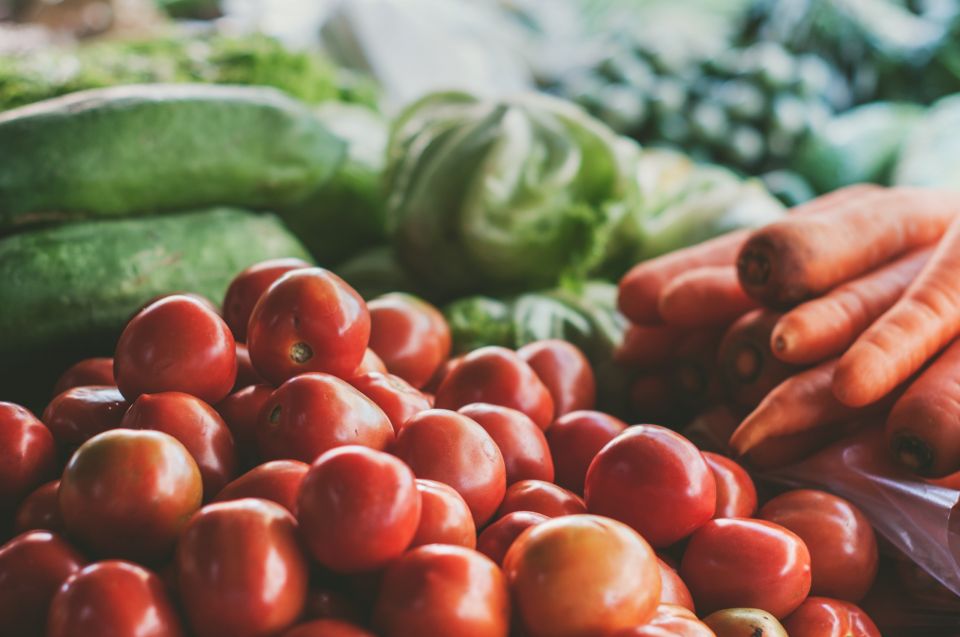
“Salve!” This is how people greet each other in Ticino, for example, and it literally means “be healthy” (from Latin, or “save” from Italian “salvere”). Yes, the first part of this name actually comes from salve – be healthy! What if there were an active ingredient in nature for the prevention or even treatment of cancer? Just a nice dream, when in some cases not even aggressive chemotherapeutics manage to defeat cancer?
Phytonutrients – Salvestrols
English scientists have discovered an important tumor-selective mechanism by which certain phytonutrients contained in our food eliminate cancer cells. Phytonutrients are substances found in plants. They are also called secondary plant substances. These substances protect plants, for example, from UV light, toxins, pests, and so on. When we eat these plants, we benefit from these protective substances.
English researchers have now found more than 50 phytonutrients in vegetables, aromatic herbs and fruits. They all have in common that they cause apoptosis (cell death) after activation by the so-called enzyme CYP1B1. The researchers have given this group of phytonutrients the name salvestrols.
CYP1B1 and the salvestrols
Now the kicker is that this enzyme CYP1B1 is only found in cancer cells! So the salvestrols are only activated in cancer cells and converted into a deadly cell toxin. CYP1B1 is a tumor-specific enzyme, i.e. it is present in all cancers and can be regarded as a universal tumor marker that can be used to distinguish tumor cells from healthy cells. Healthy cells remain unaffected by this mechanism, just as one would expect from a cancer therapy!
Where are salvestrols in it?
So much for the theory. Unfortunately, the salvestrol content in conventionally grown vegetables and fruits decreases drastically due to the application of pesticides. Further, plant selections and grafting have resulted in varieties that are naturally rich in bitter salvestrols not being grown as often, because we humans don’t like the bitter taste as much. So, unfortunately, conventionally grown vegetables and fruits offer little cancer prevention. For this reason, one should opt for fresh, seasonal organic produce. Salvestrols are found, for example, in leafy vegetables, asparagus, cabbage, celery, in red fruits, grapes, apples, figs, oranges, parsley, basil, rosemary, sage or dandelion.
To prevent cancer, however, a person needs at least 100 so-called salvestrol points every day. This is a unit of measurement for the amount of salvestrol taken in with one capsule. To take in this amount through the daily diet is not easy.
Salvestrol 350 and Salvestrol 2000
For this reason, the product Salvestrol 350 was developed exclusively for the prevention of cancer. Cancer patients need much higher doses, which is what Salvestrol 2000 is for. Any cancer treatment absolutely belongs in the hands of specialists!
